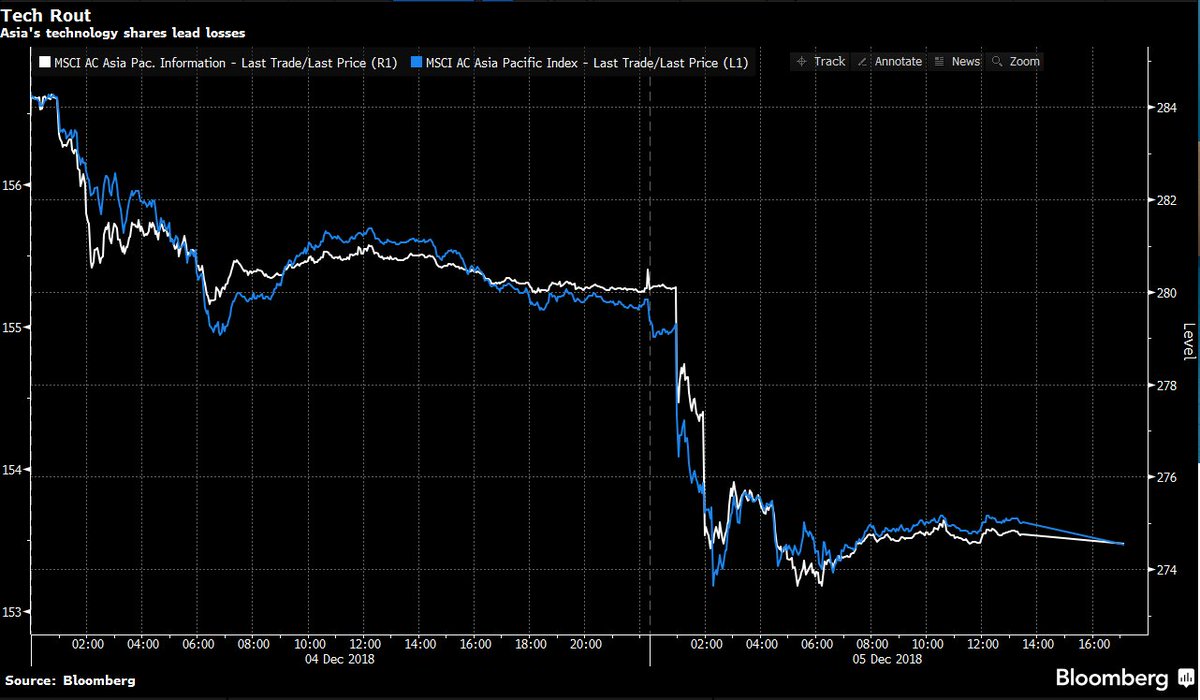Everything felt MASSIVE and important and fresh and new.
But the community was actually quite small, and often, kinda echoey.
How much of the 2006-07-08 experience was similar to what had happened in the late 90s? What was different. What could we learn?
But one thing stuck out as notably different in 2007 compared to the previous cycle.
These orgs would sit *outside* of the community and decide what should happen within it.
I probably don’t have to tell you how well that worked (it didn’t)
He noticed that this time, the *community* was doing the work instead of waiting for the institutions to give us permission or do the work for us.
Within just a couple of years, the thesis was affirmed when a couple of those clueless institutions started showing up.
But every time they talked it felt like it was at us instead of with us.
The thing about these lumbering institutions is that they’re kinda like zombies. They have seemingly endless resources that allow them to be mediocre forever. They can and will spend BIG $$ simply to justify their existence.
Ownership mattered a lot less than the outcomes.
Was there some territorialism and disagreement? Of course! But the shared end game was a better Philly.
We were doing stuff WITH people. Together.
Details and resources aside, that was the cultural difference.
Their last ditch attempts to justify their existence turned into a very strange and very expensive event.
What was weird TO ME was how many of my community peers responded, and how their responses were different in public than they were behind closed doors.
BUT THEY DID IT ANYWAY. 🤯
Over the years I’ve learned that creating this illusion of buy-in is a remarkably common tactic to make things appear bigger than they really are.
Within 18 months the org was gone without fanfare.
It’s almost like watching folks get pulled into a Ponzi scheme or a cult. Every time it’s weird and I ask “why isn’t anybody saying anything!?”
Nobody wants to admit they’ve been exploited, because smart powerful people have a very hard time admitting they’ve been duped by their own ego.
Once you see this pattern, you cannot unsee it.
1) history repeats itself.
find folks who’ve been in your field or community for longer and ask them how the last cycle compares to the current one. learn from the past, or be doomed to repeat it.
If you’re worried about the damage of speaking up, talk to someone you trust first.
Or talk to me alex@indyhall.org always open.








